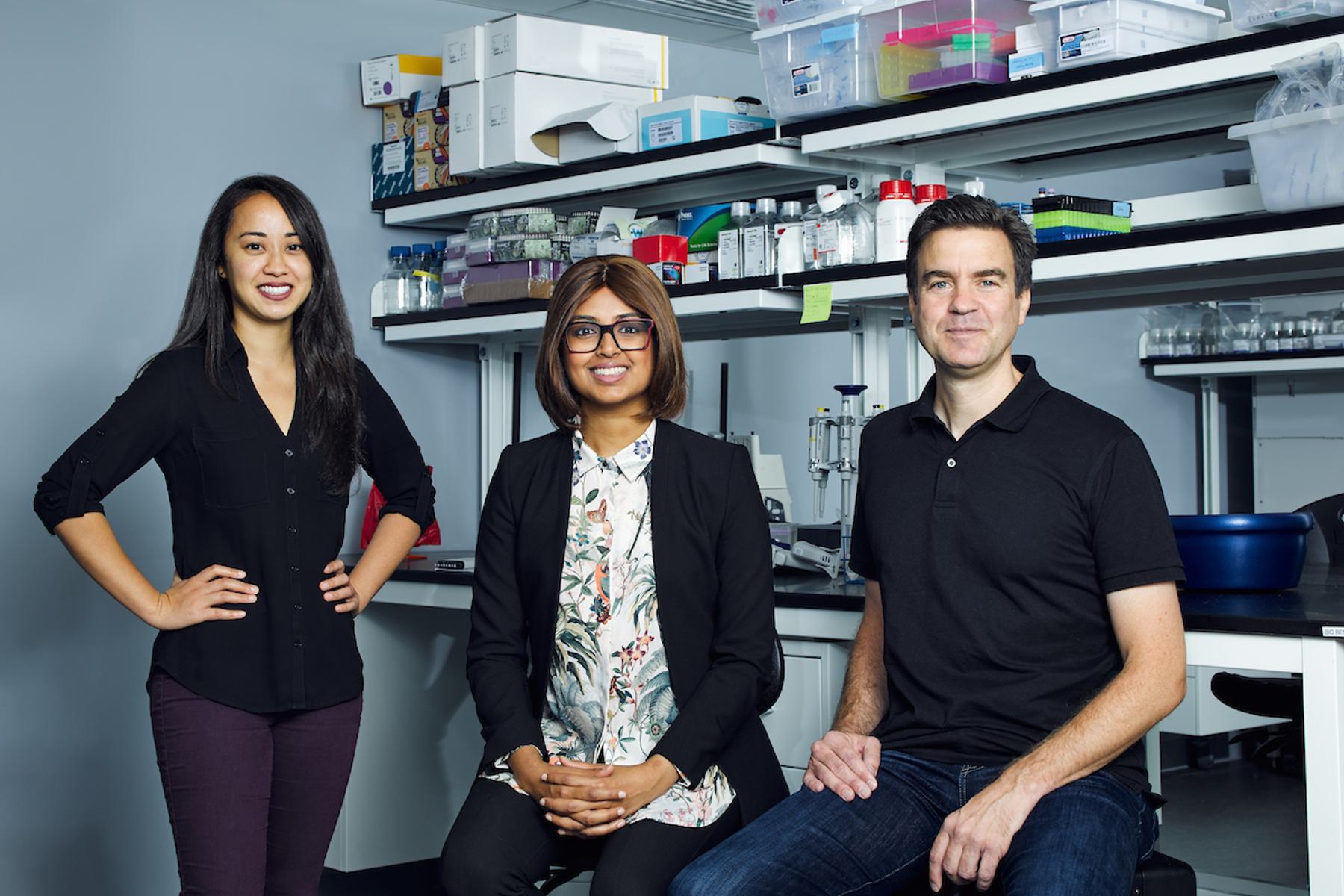Curing the world’s toughest diseases by automating personalized medicine.
“Anything is possible,” is the maxim of the induced Pluripotent Stem (iPS) cell. Of the 40 trillion cells in the human body, almost every single one can be programmed from one of these special cells. A Nobel prize-winning discovery, iPS cells have helped transform the possibilities of tissue engineering. Yet, even with their potential, persuading iPS cells to produce functionally mature tissues has been challenging for therapeutic use. Until now.
Cellino has built the first platform that enables precise control over iPS cell fate in their natural environment. The Cellino Tissue Engineering Platform manufactures high-quality, impurity-free tissues for new regenerative medicines. The technology steers iPS cells to a target tissue state, creating any mature tissue at will.
Cellino will use its platform to manufacture tissues at scale, delivering the highest quality human tissues made to date. Such tissues are poised to lead to significant gains in therapeutic benefit to the patient. One can easily imagine the Cellino Tissue Engineering Platform powering “tissue foundries” of the future, which, like semiconductor foundries, will be exponentially faster, more consistent, and reliable than any manual processes.
It’s important to note just how hands-on the current tissue and cell therapy industries are. In many instances, scientists assess tissue quality by eye and sort cells by hand. No matter how experienced the human, this process is inherently inefficient and fickle — and costly, with prices for some therapies topping $300,000 or more.
Cellino’s platform is 10x faster at writing programs to make functionally mature tissues that are critical for clinical therapies. That means that more tissue types can be created, more successfully, at a speed that makes them useful for dozens of potential applications. It is a technology that will help us heal ourselves, faster.
The speed, precision, and reliability of Cellino’s platform are thanks to an intentional convergence of seemingly disparate specialties including physics, nanofabrication, machine learning, photonics, synthetic biology, and stem cell biology. As CEO Nabiha Saklayen remarks, “It’s vital that we’re not all biologists, as taking a single track biological approach over the past few decades has hit roadblock after roadblock.” For the Cellino team, the only way to truly change biology is to look for answers with new approaches from unexpected disciplines.
Saklayen met Marinna Madrid, Cellino’s co-founder, while both were pursuing their doctorates at Harvard. The duo soon realized the complementary nature of their skills — Madrid’s nanofabrication expertise and Saklayen’s work with pulsed lasers. Their relationship gave rise to three patents and several peer-reviewed papers.
Surprisingly, it was a competition entered on a whim that validated the commercial potential of the pair’s technology. Saklayen and Madrid entered the Startup Challenge at the 2017 Society for Optics and Photonics conference where Madrid pitched the technology as a platform to treat blood diseases such as cancer and HIV. Her pitch bested those of 130 other companies to win the $15,000 grand prize, beating established corporate players and academic teams.
The Startup Challenge victory made something clear to Saklayen: she and Madrid needed to get smart about engineering and biology. Quickly.
Enter Matthias Wagner, who joined the team shortly after the competition. Wagner, a successful entrepreneur and founder in his own right, is an expert in photonics, machine learning, and bringing early-stage hardware technologies to market. After their first meeting, Madrid and Saklayen knew that Wagner had to be a part of Cellino. Matthias’ engineering skills have made Cellino’s technology commercialization-ready.
Cellino’s leadership — Saklayen, Madrid, and Wagner — share a vision for the impact of a technology platform built from convergent disciplines. It’s a vision of a world in which any tissue can be produced on demand for any therapy in areas such as ophthalmology, heart disease, and neurological disorders to name a few. Cellino’s vision is bold, it is big, and it will take the team time and effort to realize. But, as Saklayen says, “we’re absolutely committed to doing it.”

